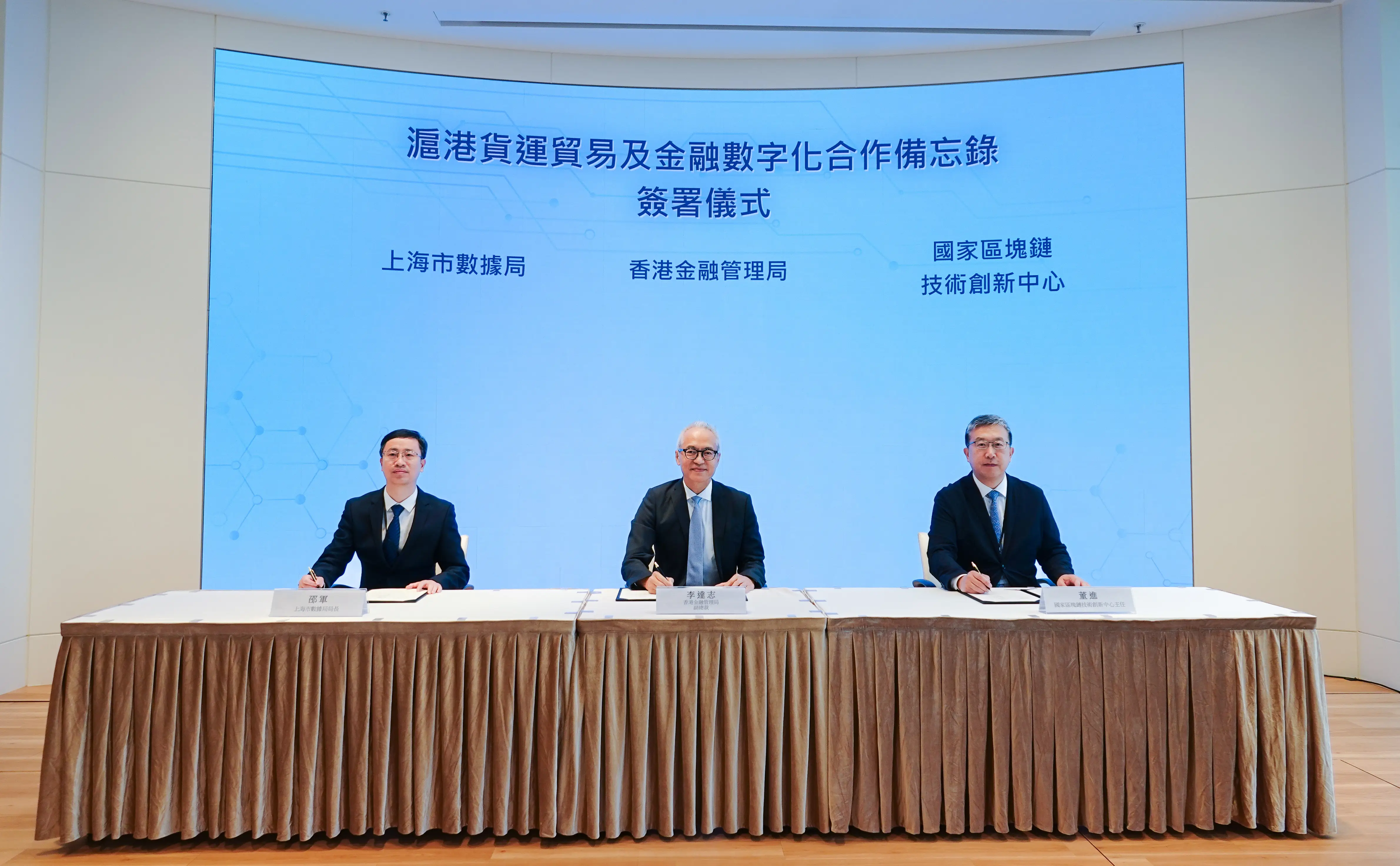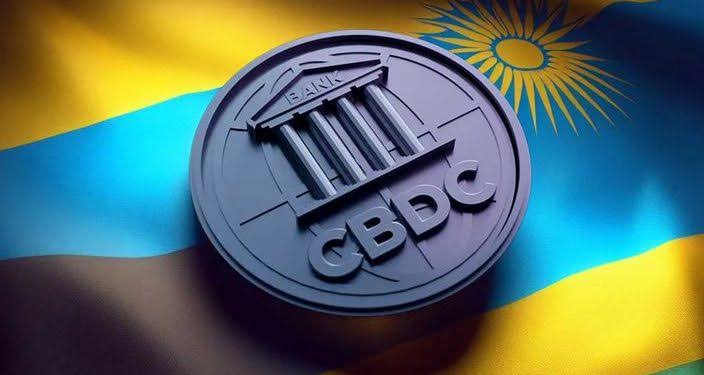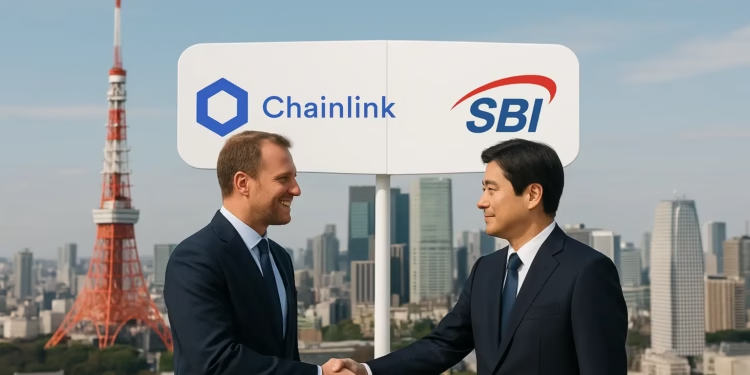The newly announced Chainlink SBI partnership is set to accelerate institutional adoption of tokenized financial products in Japan and beyond. The agreement, revealed in an August 25 press release, brings together Chainlink, a leading blockchain interoperability provider, and SBI Group, one of Japan’s largest financial conglomerates with more than $200 billion in assets.
The collaboration arrives at a time when institutional interest in tokenized assets is rapidly growing. A survey by SBI Digital Asset Holdings showed that 76% of financial institutions plan to invest in tokenized securities, citing efficiency and cost savings as major benefits. Yet, adoption has been slowed by the absence of robust infrastructure — a gap the Chainlink SBI partnership intends to fill.
“By combining SBI’s financial expertise with Chainlink’s cross-chain technology, this partnership establishes a foundation for scalable institutional adoption,” — Sergey Nazarov, Co-Founder, Chainlink.
Tackling adoption barriers with new infrastructure
Despite enthusiasm for tokenized assets, the lack of compliant and secure systems has remained a stumbling block. The Chainlink SBI partnership will deploy Chainlink’s Cross-Chain Interoperability Protocol (CCIP) to enable seamless transfer of tokenized real-world assets (RWAs) such as bonds and real estate across multiple blockchains.
In addition to interoperability, the integration will bring fund net asset value (NAV) data on-chain, enhance liquidity, and streamline fund administration. Chainlink’s Proof of Reserve will also be used to provide transparency for stablecoin reserves, addressing one of the most pressing concerns for institutional investors.
“This partnership directly addresses infrastructure gaps that have held back large-scale investment in tokenized assets,” — Yoshitaka Kitao, CEO, SBI Group.
Building on past collaborations
The Chainlink SBI partnership is not their first collaboration. In 2023, under Singapore’s Project Guardian, SBI Digital Markets, Chainlink, and UBS Asset Management successfully tested automated fund administration for tokenized funds. That pilot project demonstrated the potential for blockchain solutions in mainstream asset management, setting the stage for deeper collaboration.
For Chainlink, the new deal strengthens its position in Asia’s fast-expanding digital asset ecosystem. The protocol is already integrated with global players such as Swift, Euroclear, and Fidelity, and this latest agreement highlights its growing role as a standard for institutional-grade blockchain infrastructure.
For SBI, the deal is a continuation of its commitment to digital transformation in finance. By leveraging Chainlink’s technology, the group aims to deliver scalable blockchain solutions capable of meeting regulatory and institutional requirements.
Outlook for investors
For crypto investors, the Chainlink SBI partnership represents more than a regional deal. It signals growing confidence in tokenized assets as a core component of future financial systems. Analysts say the move could accelerate institutional investment flows not only in Japan but across the broader Asia-Pacific region.
“Tokenization has the potential to unlock trillions in asset value globally, and partnerships like this bring us closer to that reality,” — Priya Malhotra, Senior Market Strategist, CoinShares.
As tokenization of bonds, real estate, and other RWAs gains traction, the success of the Chainlink SBI partnership may serve as a blueprint for similar collaborations worldwide. For now, it underscores a clear message: the infrastructure for institutional-grade digital assets is no longer experimental but rapidly becoming reality.












